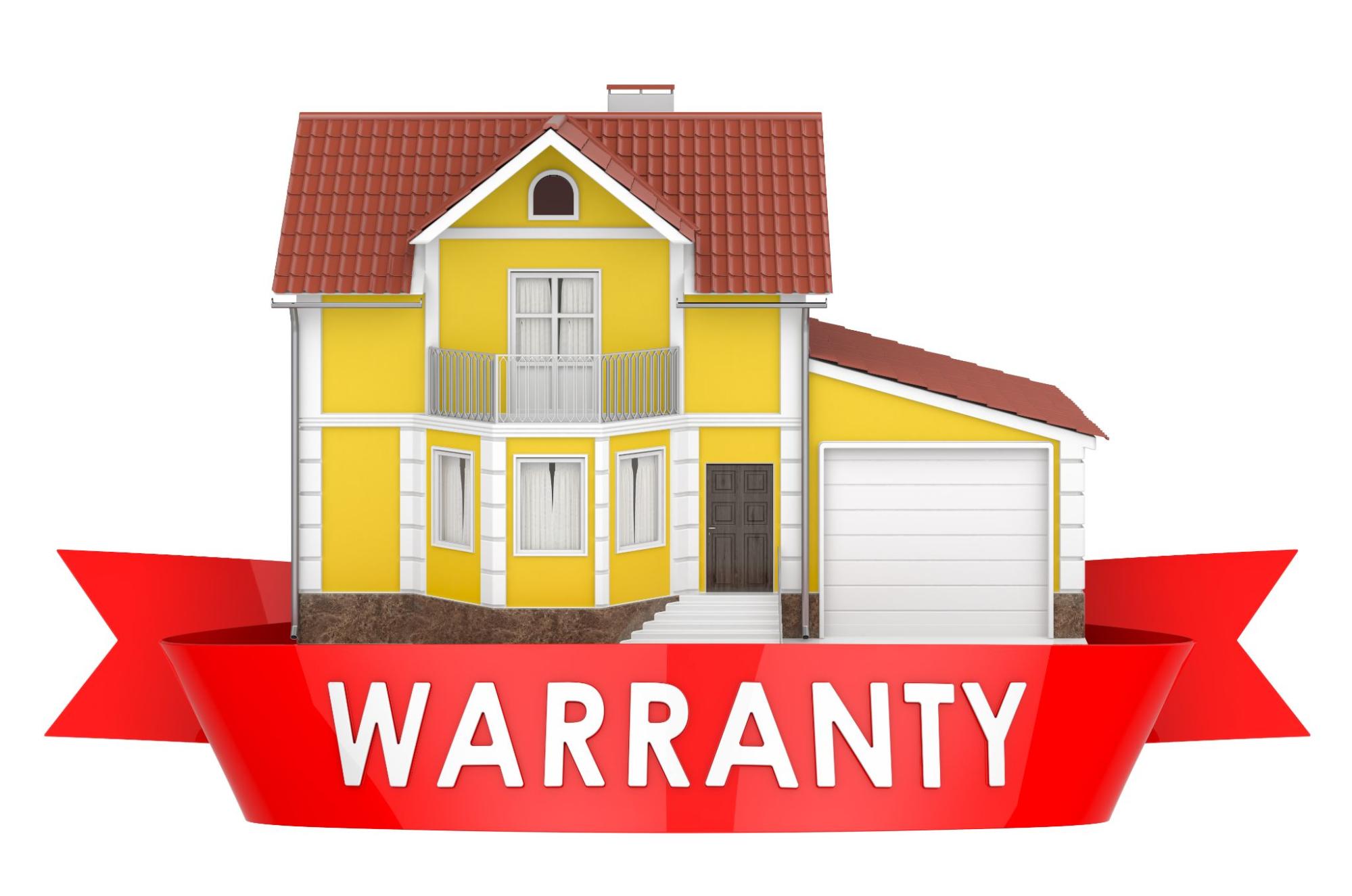Even though we specialize more in custom metal roofing systems, regardless of the type of roof you have or are looking at installing for your home or business, project warranties are critical. And it’s not just about making sure you have a roof warranty — understanding the warranty is also important.
Roof warranties vary drastically from project to project and should be specifically discussed with the manufacturer, installer, and/or contractor. As a starting point to help you wrap your head around what is involved with roofing warranties though, there are some main themes and industry standards to be aware of.
Types
Whether it is for your phone, that new washer/dryer unit you just bought, or something bigger like a roof, warranties come in a wide range of offerings, and it’s your decision what you want to be covered or not.
In the construction world, there are three major types of warranties:
- Standard manufacturer’s warranty
- Workmanship warranty
- Extended manufacturer’s warranty
Standard Manufacturer’s Warranty
A standard manufacturer’s warranty covers the products you purchase. For a roof project, these are the materials (products) used, like roofing shingles or, for many of our clients, aluminum roofing sheets. These products are covered under a warranty, or protection, so if you experience a physical problem with the materials during the lifetime of you owning your home or business, those materials will be replaced (or covered). Most of the time, however, these protections are limited to factory defects and recalls. If there is a storm, and a tree falls on your roof, that’s why there is home and business insurance — natural event issues that cause damage to your roof and the materials that make up your roof do not fall under a warranty. Remember that materials and labor in a construction project are two very different things, so while a standard manufacturer’s warranty covers the material needed, it does not cover the installation of those new materials.
Workmanship Warranty
A workmanship warranty is something that is done with your contractor that covers the installation of the roof. The installation process is arguably as important as the roofing materials themselves, and this type of warranty protects your project from issues that occur because of worker errors and/or improper installation of your roof components. Errors like improper nailing and alignment issues are examples that would be covered by this type of warranty. These warranties typically include the cost of labor and any materials needed to make a repair and, depending on the level and cost, might even cover damages to your home’s interior caused by the installation issue. However, just like with manufacturer’s warranties, damage from natural events like storms or high winds are not covered.
Extended Manufacturer’s Warranty
An extended manufacturer’s warranty is the best of both worlds because it combines coverage for both the manufacturer of the materials and the workmanship. These warranties naturally tend to be more expensive because they give you more extensive coverage and include the specifics discussed above from both a standard manufacturer’s warranty and a workmanship warranty.
Read the Fine Print
As with any legal document, warranties have a lot of fine print, and they are very detailed documents. These documents include specifics regarding what is vs. what is not covered, what is defined as a default or damage, what happens if something has been altered, what situations void out or cancel a warranty, and more.
For example, in a standard manufacturer’s warranty, a manufacturing company will replace defective roofing material if found during the initial installation of the product at no cost. However, if it’s been five years since your installation, and then a material shows signs of a defect, it might not be covered.
There are loopholes, limitations, and time limits that all need to be thoroughly reviewed and understood with warranties as well. Sometimes warranties need to be registered in order to file claims, so make sure to follow the directions and store your warranty files somewhere safe for future reference.
Protect Your Investment
We have a few additional suggestions to ensure that your roof project is protected, regardless of the type of warranty you choose. They are:
- Inspections. Inspections are not just something you should do when you’re getting ready to sell a home or property. If your roof is inspected on a regular basis, smaller issues can be identified more regularly and can be addressed faster. This allows you to stay on top of major repairs and avoid unnecessary costs for a larger issue down the road.
- Keep the same contractor. Hopefully, you’ve done your research and hired a reputable, professional roofing contractor and company, so keeping that same person and team has a lot of benefits. Not only are they familiar with your project and home or building, but they are familiar with the warranty you purchased. Another thing to note is that fine print again — you can potentially risk voiding a workmanship warranty by having another installer come in on the project.
- Consider warranty lengths. The type of material and design will bear a heavy impact on the length of the warranty. In roofing, shingles don’t last as long as other materials, and manufacturers cannot offer long warranties for them. Stronger materials have much longer warranties. That is why most metal roofs are considered lifetime roofs and have warranties that last decades longer than other roofing materials.
At Alpine Sheet Metal Systems, we’ve been in this business for over 20 years and understand the need you have to protect your investment. Please contact us for more information about how we can help with your roofing project and the warranties we provide with our products.

